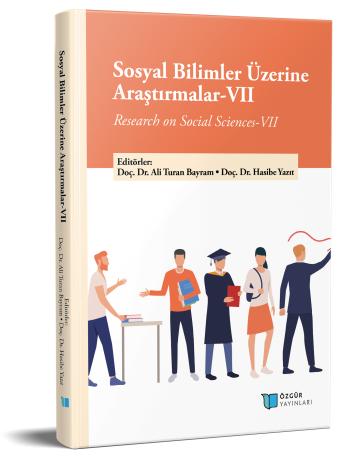
Food Regimes and Food Crisis: Alternative Searches in Capitalism's Dilemma
Chapter from the book:
Bayram,
A.
T.
&
Yazıt,
H.
(eds.)
2023.
Research on Social Sciences- VII.
Synopsis
In this study, the agricultural regulations for sustainable capital accumulation are examined within the framework of the food regime approach, which seeks to explain the transformation in agriculture and food from a spatial and temporal perspective. After the dramatic increase in food prices during the 2007-2008 period, the capital's response to the crisis has been to further extend the mechanisms of the food regime. It is important to examine how these mechanisms have undergone transformation through the contradictions they create in the national, social, and environmental (ecological) domains and to understand the alternative mechanisms they have generated both internationally and within national borders. The most critical transformation is argued to be the increasing independence of food prices from costs, which renders the national agricultural policies of developing countries ineffective. In the second food regime, Turkish farmers experienced significant prosperity, benefiting from increased productivity and production, as well as financial and technological support within the framework of international division of labor. However, in the third food regime, they have lost almost all of these mechanisms.

